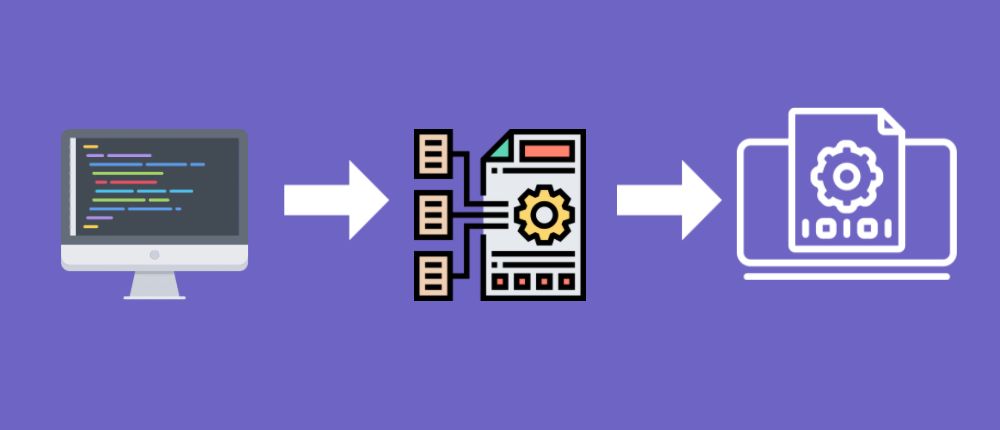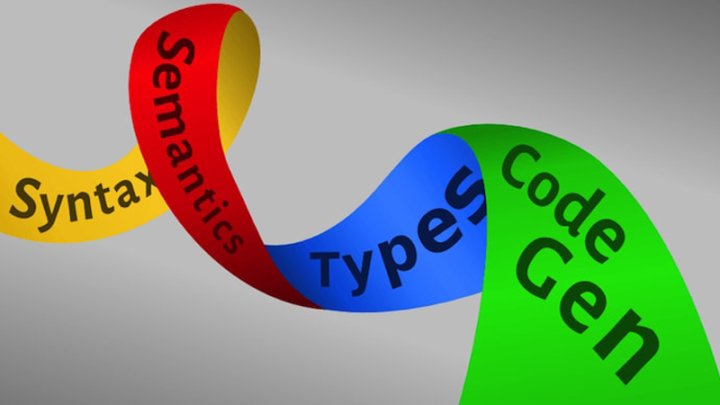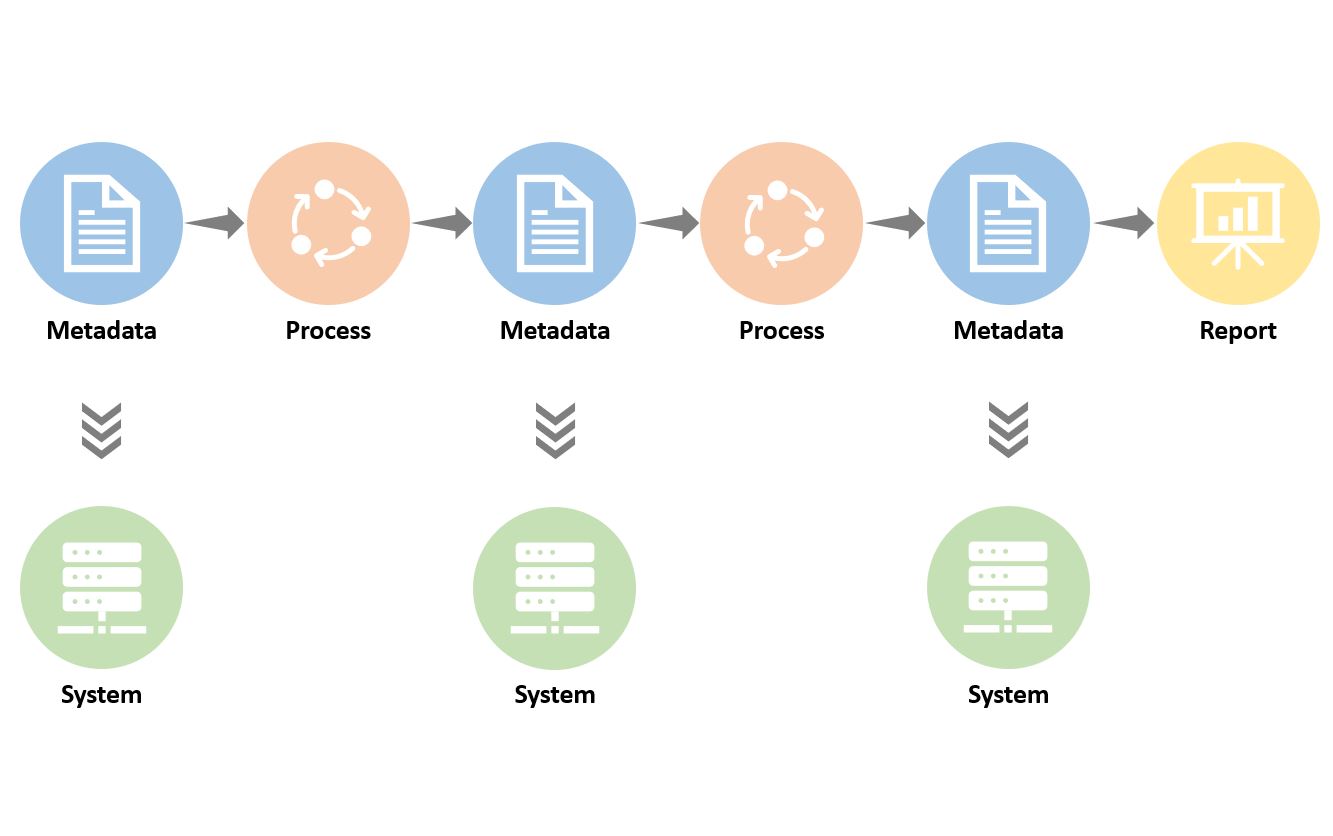Interpreter languages: The dynamic execution of code
Published

Published

RemoteScout24 · Published 2021-12-28 21:54:16.0
RemoteScout24 · Published 2023-05-17 16:21:27.0
RemoteScout24 · Published 2021-12-28 21:54:16.0
RemoteScout24 · Published 2021-12-28 21:54:16.0



